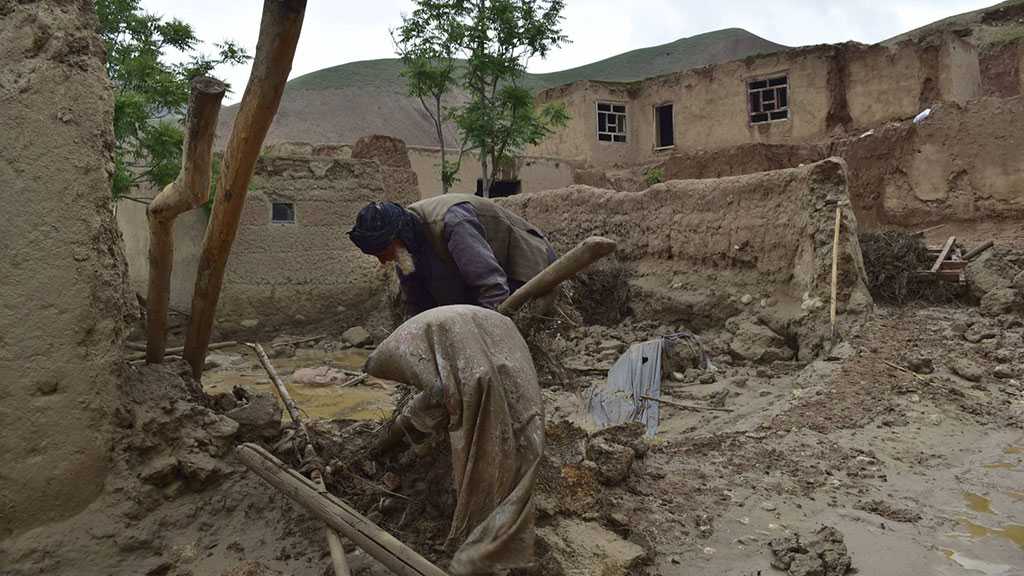Nearly 100 Former British Council Staff Remain in Hiding in Afghanistan

By Staff, Agencies
Nearly 100 former British Council staff employed to teach British values and the English language remain in hiding in Afghanistan after having so far been refused the right to come to the UK by officials.
Their plight has been taken up by Joseph Seaton, the former British Council Afghanistan English manager, and its deputy director, who has written to the most relevant cabinet members in a bid to gain their support.
The staff applied to come to the UK under the government’s Afghan Relocations and Assistance Policy [Arap], set up earlier this year, but Seaton says their applications remain unprocessed and without response months after they were submitted. He acted as the British Council’s English manager in Kabul and was deputy director from 2016-2020.
He told the Guardian: “These people are living in constant fear of their lives. They were contracted under a British government-funded scheme to teach English teachers British values of diversity, inclusion and equality, the values that … the Taliban oppose. They were always told they were employees of the British government.”
In an email he sent to the prime minister soon after the fall of Kabul in September, he warned Boris Johnson: “Many of them have had the Taliban visit their homes, or the homes of their relatives, asking questions and making threats. Many of them have had to relocate, while others are living in hiding.”
He added in the note, which was also circulated to other cabinet ministers: “The teachers worked in public-facing, highly visible roles. Many are females, and all were representing the British Council, and promoting the language, culture and values of the UK. They are now targets for persecution, and it is surely the responsibility of the UK government to ensure they are relocated to the UK as soon as possible. While I [and others] continue to urge them not to seek publicity or court the media, in case they become even more of a target, their plight must nevertheless be highlighted to those with the greatest power and influence.”
He said other British Council staff – as many as 30 – that had been employed at the Kabul head office inside the British embassy had been relocated through June, July and August, but those working in the field outside the main office were excluded. He said they were on the same employment contract, and by dint of working in the outward-facing were role more exposed than those at head office.
He said: “While they have been repeatedly told that the British Council, the Foreign Office and Ministry of Defense are doing all that they can to move their cases forward, there has been no progress regarding their cases in the last three months. As former BC staff, they are all eligible for Arap, yet all still await approval and relocation.
“Each day that passes, the threat level increases, and yet no progress is made, and no explanations are put forward for the endless waiting and silence from Arap. They all urgently need their Arap applications approved, and their relocation process confirmed, formalized and scheduled.”
One of the former British Council workers, speaking on condition of anonymity, said: “I have the Taliban all around where we live. We need to keep changing our identity and moving our house. We have no job, or income or prospect of escaping.
“We were told not to publicize our case, but we have no option since no one listens to us or seems to care. What I did in teaching was very public on social media, so they will be looking for me. I do not understand why we were not put on the Arap scheme in the first place.”
Seaton said he had never received any response beyond an acknowledgment from Downing Street, but after the intervention of the office of the Conservative MP Tom Tugendhat and the chair of the home affairs select committee, the Foreign Office minister Lord Ahmad sent what appeared to be a largely pro-forma letter setting out the Arap rules.
Ahmad added: “Tracking down and providing support to individuals remains our top priority – in order to focus our efforts on supporting those in need, we have put significant additional resources into this.
“The volume of cases we are dealing with remains very high and therefore the FCDO will not be providing individual updates, as it will reduce our ability to get on with the task of getting those in need to safety.”




